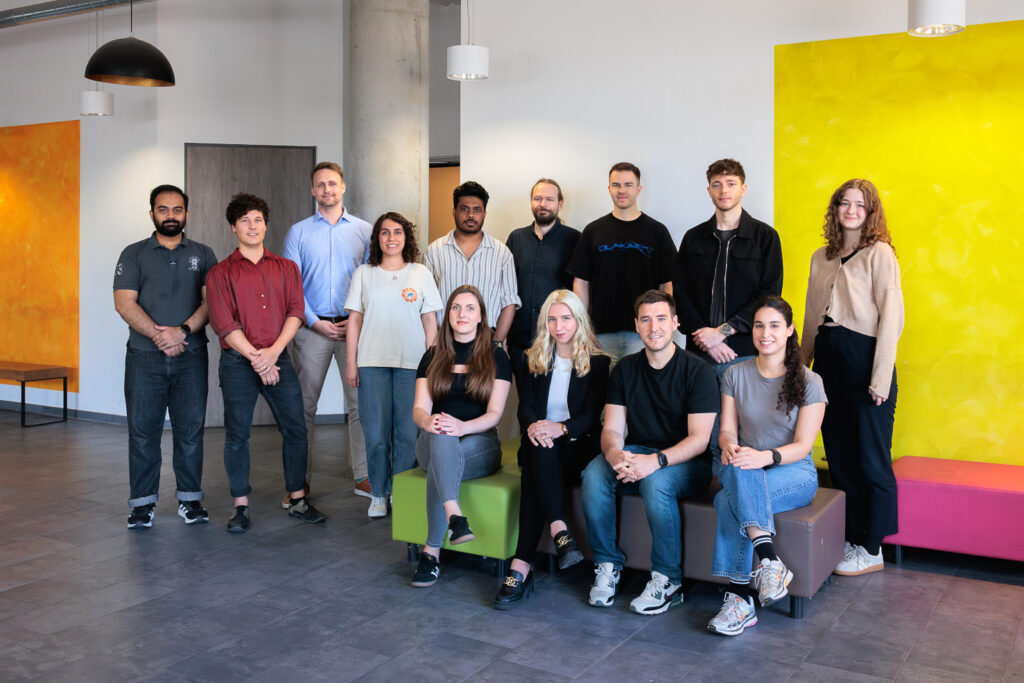Intelligent Biomedical Sensing (IBS) Lab: Machine learning and instruments for comprehensive brain-body monitoring.
The Intelligent Biomedical Sensing Lab is an Independent Research Group at the Berlin Institute for the Foundations of Learning and Data (BIFOLD) / Machine Learning Department, TU Berlin. The group is headed by Dr. Alexander von Lühmann. The Machine Learning Department of TU Berlin is chaired by Prof. Klaus-Robert Müller, who is also the director of BIFOLD-ML.

The IBS Lab develops miniaturized wearable neurotechnology and body-worn sensors for unobtrusive monitoring of the embodied brain in the everyday world. It uses machine learning on the multimodal sensor data, together with environmental context information, to contribute to a paradigm shift in individualized comprehensive understanding of physical and mental health: Toward intelligent monitoring of physical and mental states and early assessment of risk factors. Our expertise:
Biomedical Electrical Engineering
Development of novel wearable sensing technology for brain and body that is non-invasive/non-hazardous, unobtrusive, multimodal and robust. Current focus in instrumentation development: functional Near Infrared Spectroscopy (fNIRS), diffuse optical tomography (DOT) and Oximetry, Electroencephalography (EEG), Electro -myo-, -oculo-, -cardiograpy (ExG).
Machine Learning
Exploration of innovative methods for the extraction of biomarkers from complex multivariate bio signals derived from diffuse optics and electrophysiology. Physiological modeling and physiological transfer functions considering non-stationary and non-instantaneous relationships, context sensitivity, and automatic data annotation.
If you like to learn more about the institutions behind the IBS Lab please visit…
… the websites of Technische Universität (TU) Berlin, the Machine Learning Department, and Klaus-Robert Müller:



